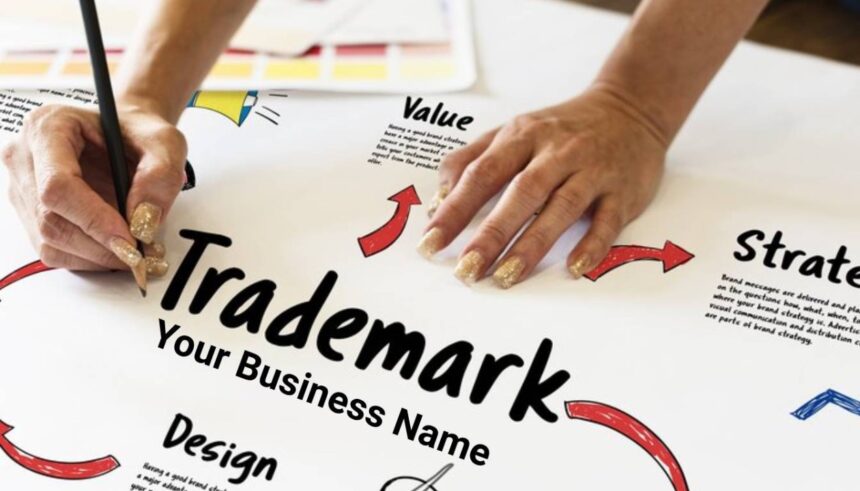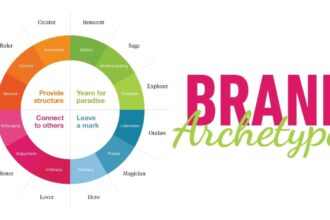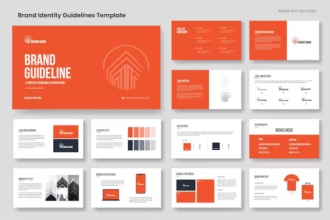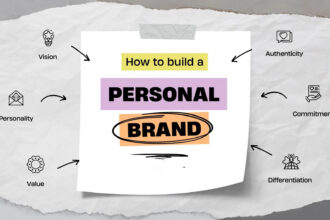How to Trademark a Business Name
Branding is the heartbeat of a business. In Nigeria’s fast-moving market, a strong name can be your most valuable asset. But a great name isn’t enough—you need legal protection to keep copycats at bay. Trademarks are the tool that helps you own your brand name, prevent confusion, and build trust with customers. This guide walks you through trademarking your brand name in Nigeria, in plain language, with practical steps you can follow starting today.
Why Trademarks Matter for Business Names in Nigeria
- Protects your identity: Prevent others from using a confusingly similar name.
- Builds credibility: A registered mark signals quality and professionalism.
- Legal leverage: Easier enforcement against infringements and counterfeiters.
- Priority rights: Early filing can secure your rights in the face of new entrants.
Quick Glossary You Should Know
- Trademark: A recognizable sign, design, or expression that distinguishes goods/services.
- Brand name: The word or phrase you use to identify your business or product.
- NMPRS: Nigeria’s suite of trademark processing and registration terms (note: refer to the official registry for exact acronyms; this is for context).
- NICE Classification: The set of classes used to categorize goods and services for trademark registration.
- Registry: The Trademarks, Patents and Designs Registry under the Federal Ministry of Industry, Trade and Investment (or its official equivalent).
Step-by-Step Guide to Trademarking Your Business Name in Nigeria
Step 1 – Pre-filing Checks
- Search existing trademarks: Check for identical or confusingly similar marks in your class. This reduces the risk of objections.
- Domain and social handle consistency: Ensure your brand name is available as a domain and on key social platforms.
- Ensure distinctiveness: Your name should be distinctive (not generic or purely descriptive for your goods/services).
Step 2 – Choose the Right Class(es)
- Use the NICE Classification to match your goods/services. Most brand-name registrations fall into one or more of these: Class 9 (software/electronics), Class 35 (advertising/business management), Class 25 (clothing), etc. Pick the classes that cover your current offerings and foreseeable expansion.
Step 3 – Prepare Required Documents
- Identity documents of the applicant (individual or company).
- Proof of address.
- A specimen or representation of the mark (the brand name as you intend to use it, often in standard font).
- Power of attorney if filed by a representative.
- Evidence of use if you already operate under the mark (optional but helpful).
Step 4 – File with the Trademarks Registry
- File your application at the Nigerian Trademarks Registry under the Federal Ministry of Industry, Trade and Investment (or its current operating name). You can file in person or via an appointed IP attorney/agent.
- Pay the official filing fee. Fees vary by class and by filing method. Your attorney can confirm exact amounts.
Step 5 – Respond to Office Actions
- The Registry may raise objections (e.g., similarity to an existing mark, descriptiveness). Prepare timely responses with arguments and supporting evidence to overcome objections.
Step 6 – Publication and Opposition Period
- If accepted, your mark is published in the Trademark Journal. Third parties have a window to oppose the registration. Monitor and respond if needed.
Step 7 – Registration and Maintenance
- If unopposed or successfully defended, your brand name is registered. Note renewal is typically required every 7–10 years, depending on Nigerian regime updates. Keep an eye on renewal deadlines to maintain protection.
Common Pitfalls and How to Avoid Them
- Overly descriptive names: They’re harder to register and protect. Aim for distinctive branding.
- Weak class selection: Choose all relevant classes to avoid gaps in protection.
- Inadequate searches: A thorough search reduces risk of later conflicts.
- Late renewal: Missed renewals lapse protection; set reminders and work with an IP professional.
- Relying on a merely local registration: If you operate regionally, consider protection beyond a single city or state where applicable; discuss expansion with your attorney.
Costs Overview
- Official filing fees: Vary by class; approximate ranges can be provided by your IP attorney based on current schedules.
- Professional fees: Attorney or agent fees for search, filing, and responses.
- Maintenance/renewal fees: Renewal costs at intervals (often every 7–10 years) plus any state or administrative fees.
Tips for a Smoother, Faster Registration
- Hire a qualified IP attorney or agent familiar with Nigerian trademark law to navigate registry practices.
- Conduct a comprehensive pre-filing search to minimize objections.
- Ensure consistent branding across products, packaging, and marketing to support your claim of use.
- Prepare clear, evidence-backed responses to any objections.
FAQs
- Can I trademark a slogan or tagline? Yes, if it’s distinctive and used in commerce.
- Can I trademark a name that’s similar to an existing brand? Likely not if it’s confusingly similar in the same class of goods/services. Seek professional advice.
- How long does it take? Timelines vary; a typical registration can take several months to over a year depending on objections and opposition.
Call to Action
Ready to protect your brand name in Nigeria? Consult a qualified IP attorney or IP consultant to begin the trademark search and filing process today.
Image source: linkedin.com






